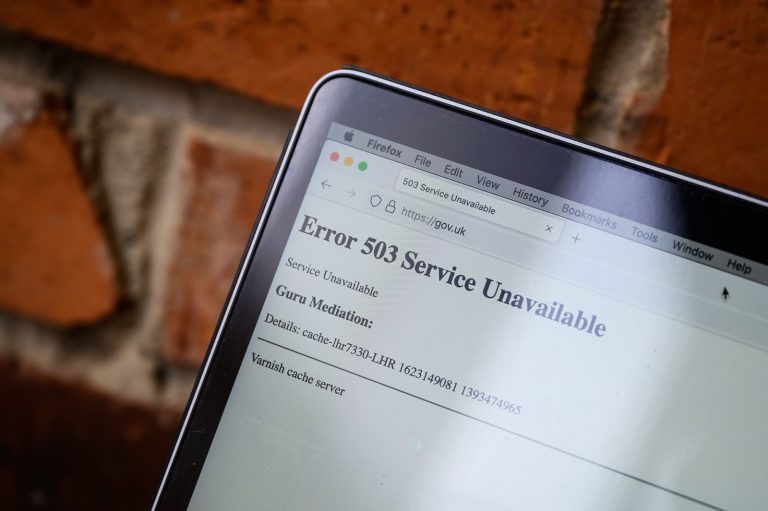Internet users worldwide witnessed a massive temporary outage of high-volume traffic sites like Hulu, The New York Times, and Amazon on Tuesday.
Online news sites such as Bloomberg News, CNN, the Financial Times, and The Guardian were also affected. Even the website of the British Government was shut down, resulting in the disruption of critical online services such as a portal used for booking Coronavirus Disease 2019 (COVID-19) tests.
The outage, which began at 5:49 a.m. ET occurred when a cloud service provider named Fastly faced a technical glitch. A little over an hour after the outage struck, Fastly provided an update on its website stating that the problem had been identified and fixed, allowing affected sites to come back online.
Fastly’s senior engineering and infrastructure executive, Nick Rockwell, said in a blog post, “This outage was broad and severe and we’re truly sorry for the impact to our customers and everyone who relies on them.” Rockwell added that the problem should have been anticipated.
Major service provider
Based in San Francisco, cloud computing service provider Fastly has been operating since 2011. However, the 2017 launch of its edge cloud platform made it a major online player. The company helps websites load faster and optimizes high-data content like videos and images.
Success
You are now signed up for our newsletter
Success
Check your email to complete sign up
Fastly’s edge service is a type of content delivery network (CDN), a network of servers customers can use to decrease website loading times by storing larger files such as images and videos on servers that are geographically closer to the end user.
Put simply, it brings websites “closer to their end users.” The company has set up around 50 data centers across several countries, and has plans to scale up even further. The service also provides a wide range of cyber-security functions, such as protection from distributed denial-of-service (DDoS) attacks and bots, as well as a web application firewall.
Fastly has an extensive client list that includes big names such as Amazon, Buzzfeed, and Pinterest. The company claims that it helped The New York Times handle at least two million live subscribers on election night and decreased the loading time for Buzzfeed pages by at least 50 percent.
The service provider explained that Tuesday’s outage incident was due to a bug in a software update sent to customers on May 12. When an unknown customer changed some settings weeks later, the bug was triggered, causing 85 percent of the network to return errors.
The outage came to the attention of Fastly engineers within the first minute, and the root cause of the problem was identified in just over half an hour. Once the settings that had triggered the problem were disabled, the majority of the company’s network was recovered.
The ‘dangers of power consolidation’
The global pandemic has forced people around the world to rely heavily on web-based services for basic necessities, work, financial services, and entertainment. As a result, web traffic has gone up exponentially, placing a much heavier burden on service providers.
One of the pertinent issues raised by the Fastly incident is how power is consolidated in the cloud services market. Companies like Fastly are one of only a few entities that provide crucial services to millions of users.
PhD candidate at Oxford Internet Institute and the Alan Turing Institute, Corinne Cath-Speth, said in a tweet, “a technical hiccup in a single company can have huge ramifications. This in turn – raises any questions about the dangers of power consolidation in the cloud market and the unquestioned influence these often invisible actors have over access to information.”
















